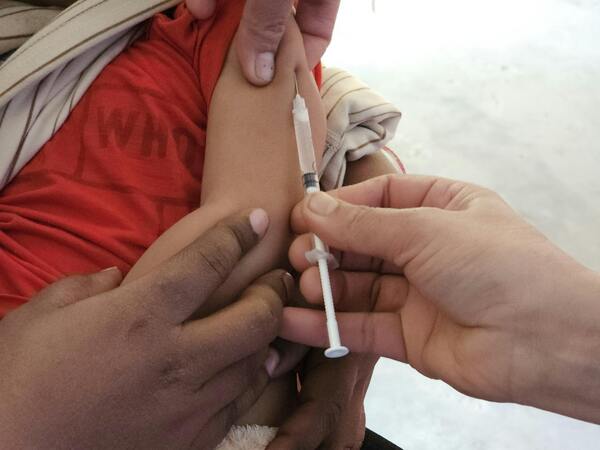- Complete Guide: When Should My Baby Get the Flu Shot?
- Why Early Flu Vaccination Matters
- Understanding the Flu and Its Risks
- Optimal Age for Flu Vaccination
- Types of Flu Vaccines for Babies
- Safety and Side Effects
- Protecting Babies Under 6 Months Old
- Consult Your Pediatrician
Complete Guide: When Should My Baby Get the Flu Shot?
When should my baby get the flu shot? Knowing the right timing for your baby’s flu vaccination is crucial. Influenza poses serious health risks, especially for babies under 2 years old. CDC guidelines recommend that all children aged 6 months and older get the flu vaccine annually by late October.
Why Early Flu Vaccination Matters
Vaccinating your baby at the right time is vital. Flu season typically starts in October and peaks from December to February. Vaccination by late October ensures your child receives protection before flu activity increases.
Understanding the Flu and Its Risks
Influenza, or the flu, is a respiratory illness caused by influenza viruses affecting the lungs, nose, and throat. Young children, especially those under 2 years old, face higher risks for severe flu-related complications. These complications include pneumonia, dehydration, and ear infections.
Optimal Age for Flu Vaccination
The CDC advises flu vaccinations for babies starting at 6 months old. First-time recipients require two doses spaced four weeks apart. In subsequent years, only one annual dose is necessary.
Types of Flu Vaccines for Babies
Babies and young children typically receive the flu vaccine via injection. Healthy children aged 2 and older may receive a nasal spray vaccine. Consult your pediatrician if your child has medical conditions or allergies to determine the safest option.
Safety and Side Effects
Flu vaccines undergo rigorous testing and monitoring, ensuring safety for infants and young children. Common side effects include mild soreness at the injection site, fever, or fussiness. These symptoms usually resolve within one to two days.
Special Considerations for High-Risk Babies
Babies with health conditions like asthma, diabetes, or heart disease should prioritize vaccination. Early vaccination significantly lowers their risk of hospitalization and severe illness.
Protecting Babies Under 6 Months Old
Babies younger than 6 months cannot receive the flu vaccine. Protect these infants by ensuring caregivers and household members get vaccinated to reduce the risk of transmitting the virus.
Practical Tips for Flu Prevention
In addition to vaccinations, practice good hygiene. Frequent handwashing, avoiding sick individuals, and regularly cleaning surfaces help protect your baby from influenza.
Consult Your Pediatrician
Always discuss the best vaccination plan with your pediatrician. Tailored medical advice is particularly important if your baby has health conditions or allergies, ensuring effective flu prevention.
The following post may interest you
Flu A Symptoms 2025: Latest Trends & Prevention
Sources
The Flu: A Guide For Parents
https://tb2cdn.schoolwebmasters.com/accnt_11541/site_222526/Documents/guide-to-the-flu.pdf
NICU Is Ideal Setting for Giving Parents Flu Vaccine
https://cdn-uat.mdedge.com/files/s3fs-public/issues/articles/73114_main_0.pdf
LiveAttenuatedInfluenzaVaccine
https://link.springer.com/article/10.2165/11206860-000000000-00000
NICU Is Ideal Setting for Parental Flu Vaccination
https://cdn.mdedge.com/files/s3fs-public/issues/articles/71361_main_6.pdf
Optimal timing of influenza vaccination in young children: population based cohort study

